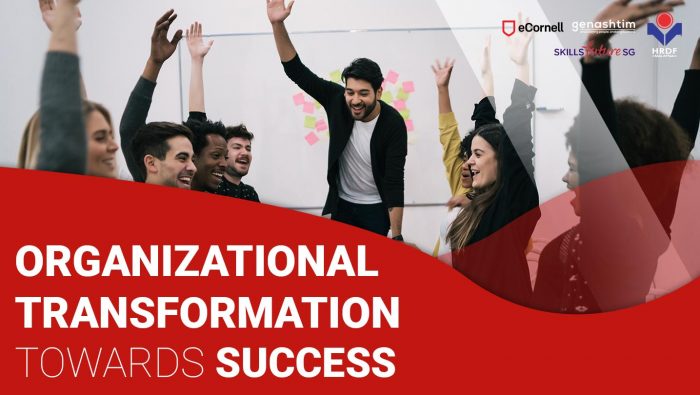The global health pandemic has stumped major organizations on how to carry on with their transformation programs. As the pandemic continues, companies proceed to make and implement decisions about how much to go ahead and how much to pull back. Still, many companies that paused their transformation initiatives decided to resume them, often with new changes implemented to cope with COVID-19’s after-effects; remote work is one good example. An article on BCG illustrates how executives coordinate their organizational efforts to change and maximize impact.
1. Why is organizational transformation important?
Transforming organizations boosts employee motivation and uplifts their morale which fosters teamwork and heartens job contentment. As a result, productivity and quality of work step up, production cycles shorten, and cost-effectiveness mounts.
2. Who are responsible for organizational transformation?
Chief Transformation Officers (CTOs) oversee organizational transformation. Since uncertainties affect the business, CTOs’ role in the future is significant – across industries, locations, organizational sizes, and transformation goals.
3. What guides a CTOs’ organizational transformation efforts?
• Managing change journeys holistically – overseeing three change journeys (leader, people, program) while ensuring value realization at every phase of the transformation
• Leading consistently in an aligned way – executives should be on the same page during the entire course of transformation after all differences have been sorted out
• Shifting to an employee-centric management– raising employee motivation and improving the chances of success of the transformation program
• Tracking transformation with a data-centric approach – as an incredibly powerful tool, data can be used to measure and track organizational transformation for a proactive response to issues
CTOs are distinguished from transformation activities to everyday operations; effective role definitions and responsibilities which can result in a rise in transformation success of up to 70%. When you lead your organization’s transformation initiatives, these things are pivotal:
• Anticipate the trajectory of processes
• Facilitate change implementation
• Move ahead and sustain the momentum
To expedite your organizational transformation to become prepared in the spearheading change and assuming the role of CTOs, you need supplementary information like eCornell’s Change Management program. It will hone your leadership skills to elevate organizational change activities and keep your company thriving amid turbulent times.
eCornell courses are approved by SkillsFuture Singapore for SkillsFuture Credit as well as by HRDF Malaysia under its SBL Scheme.

